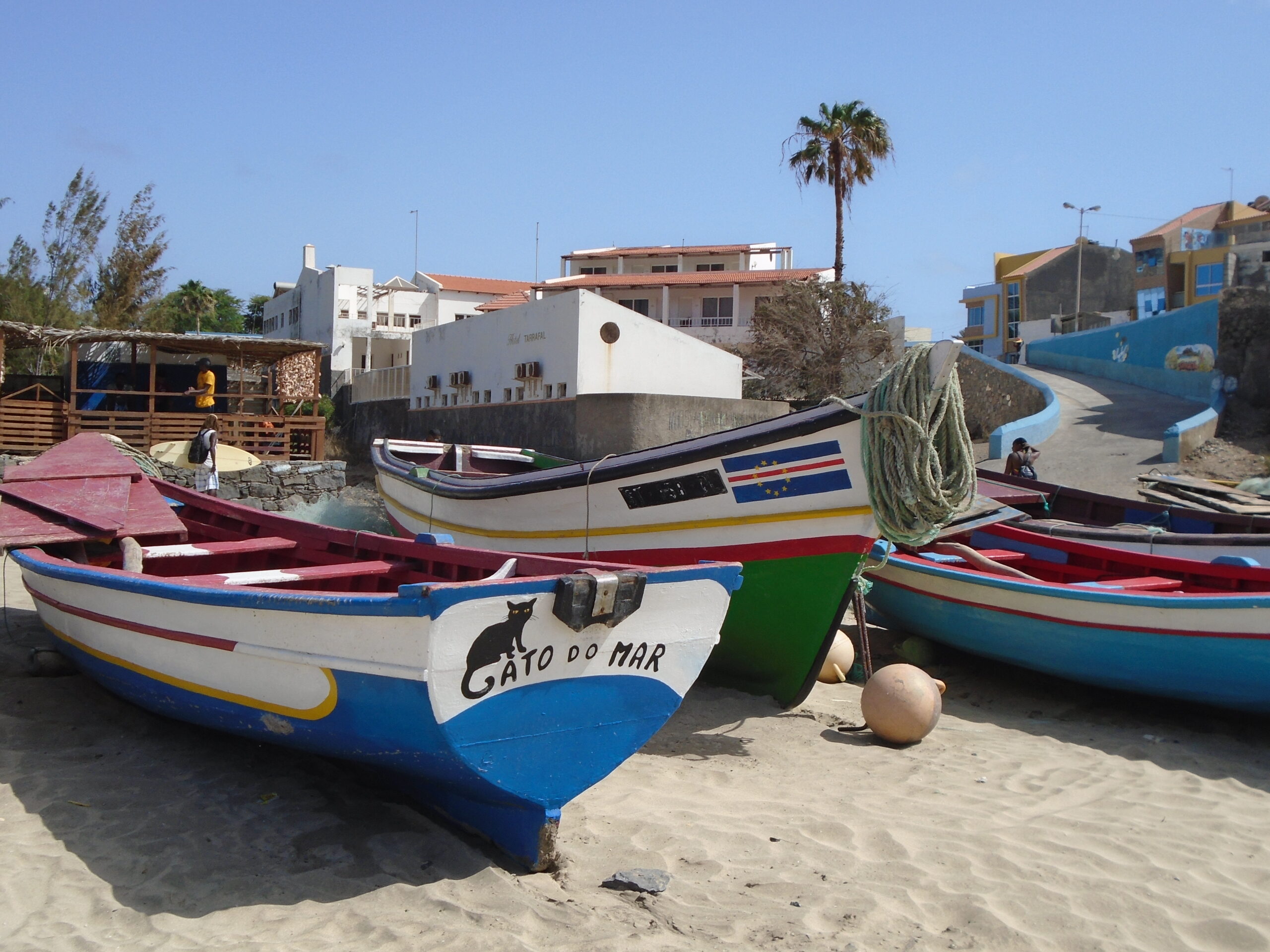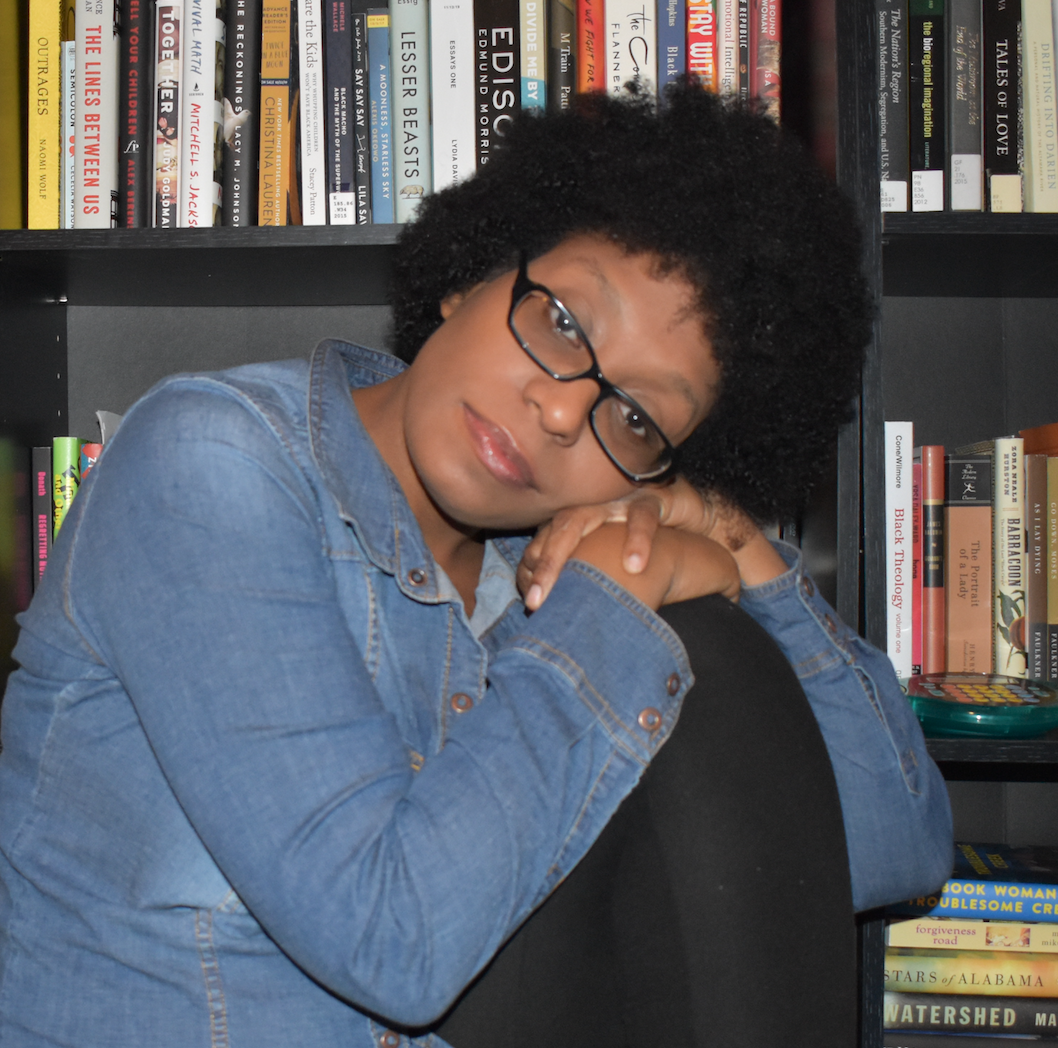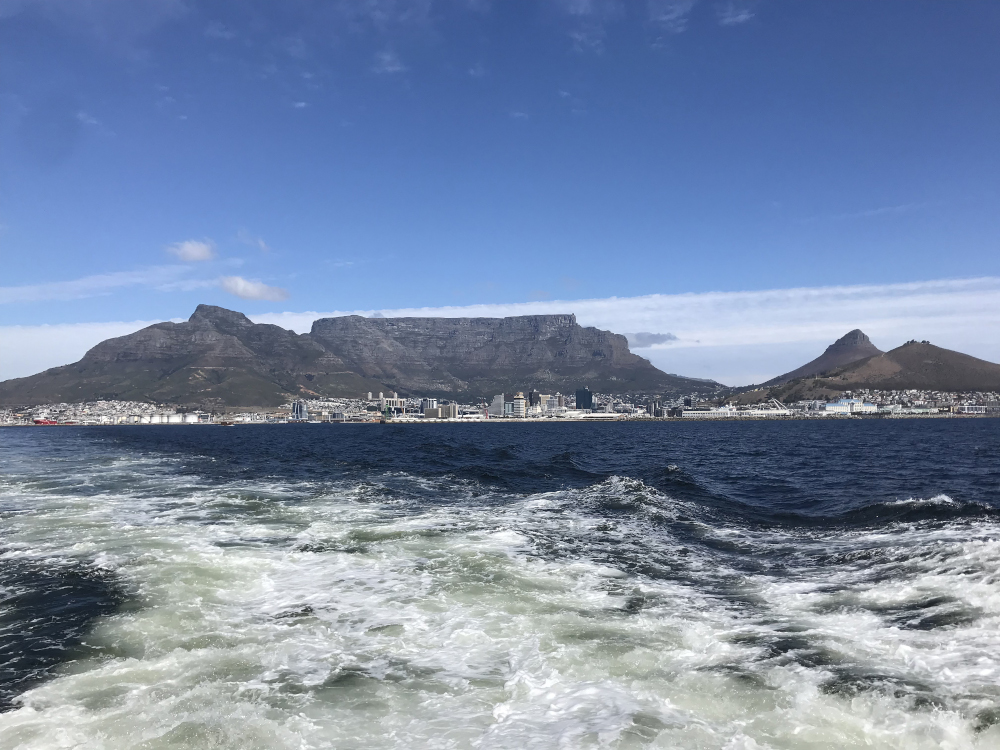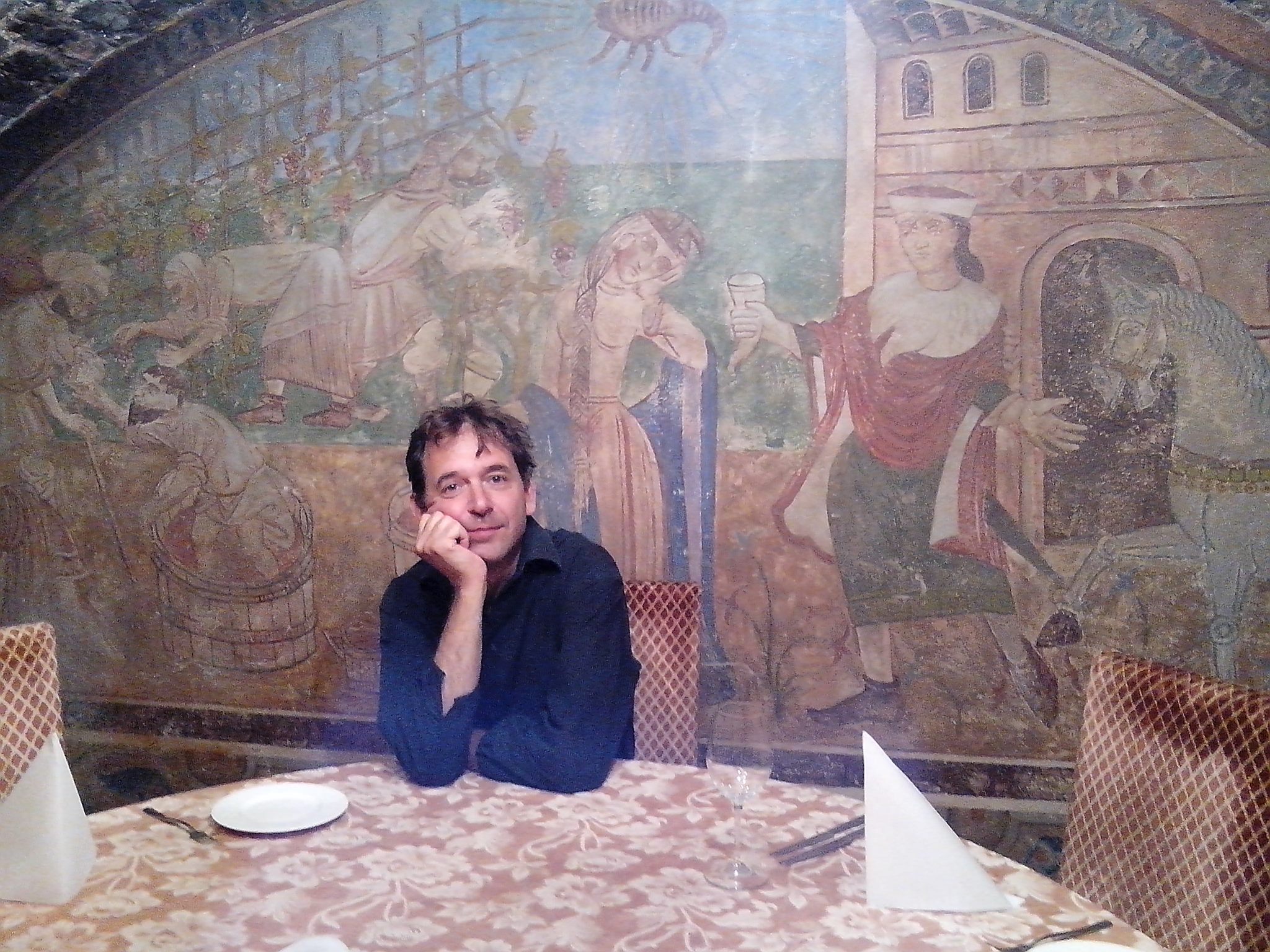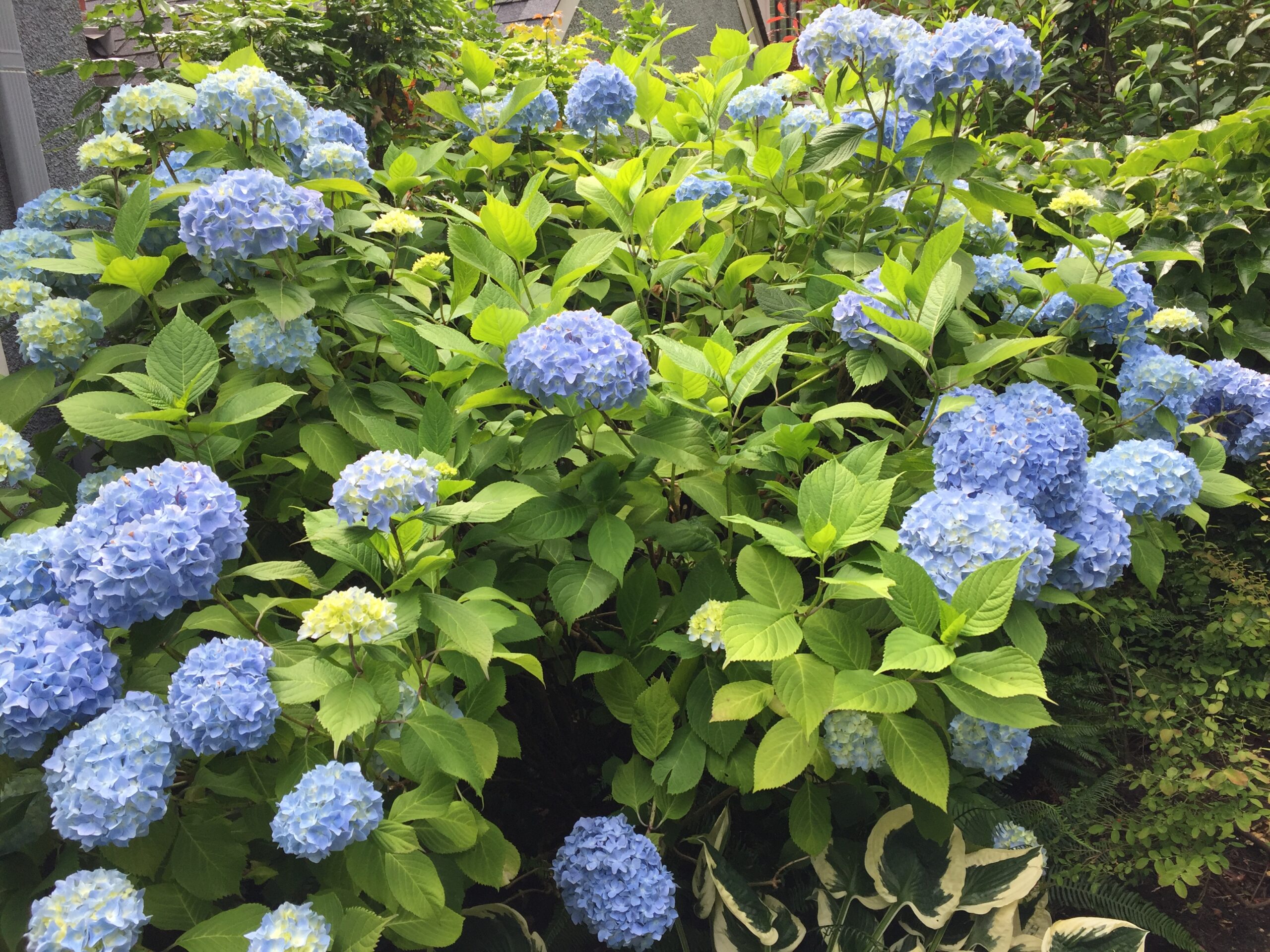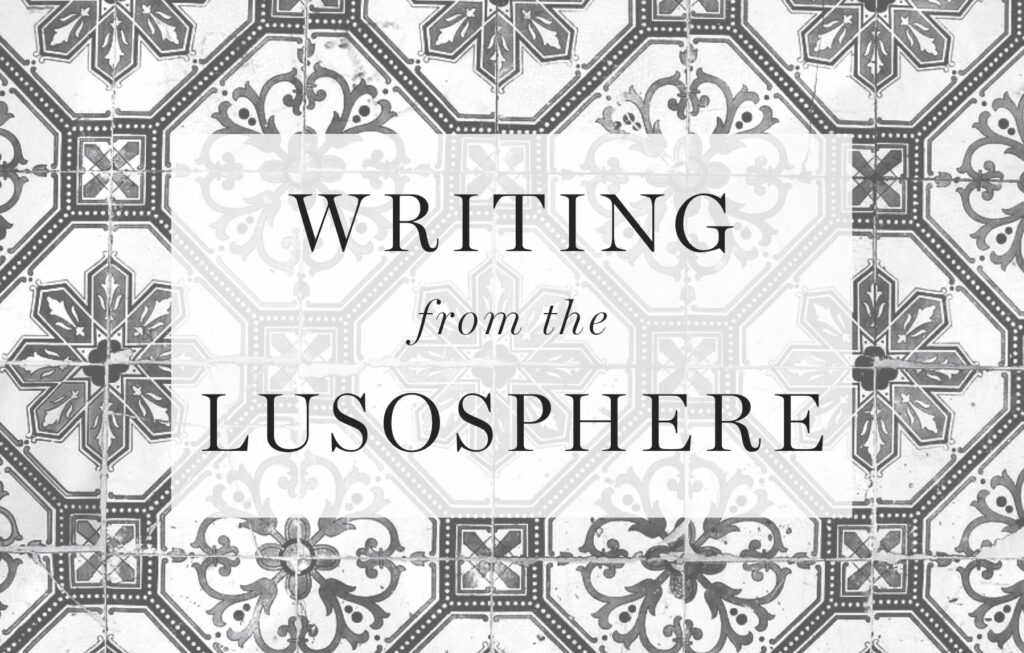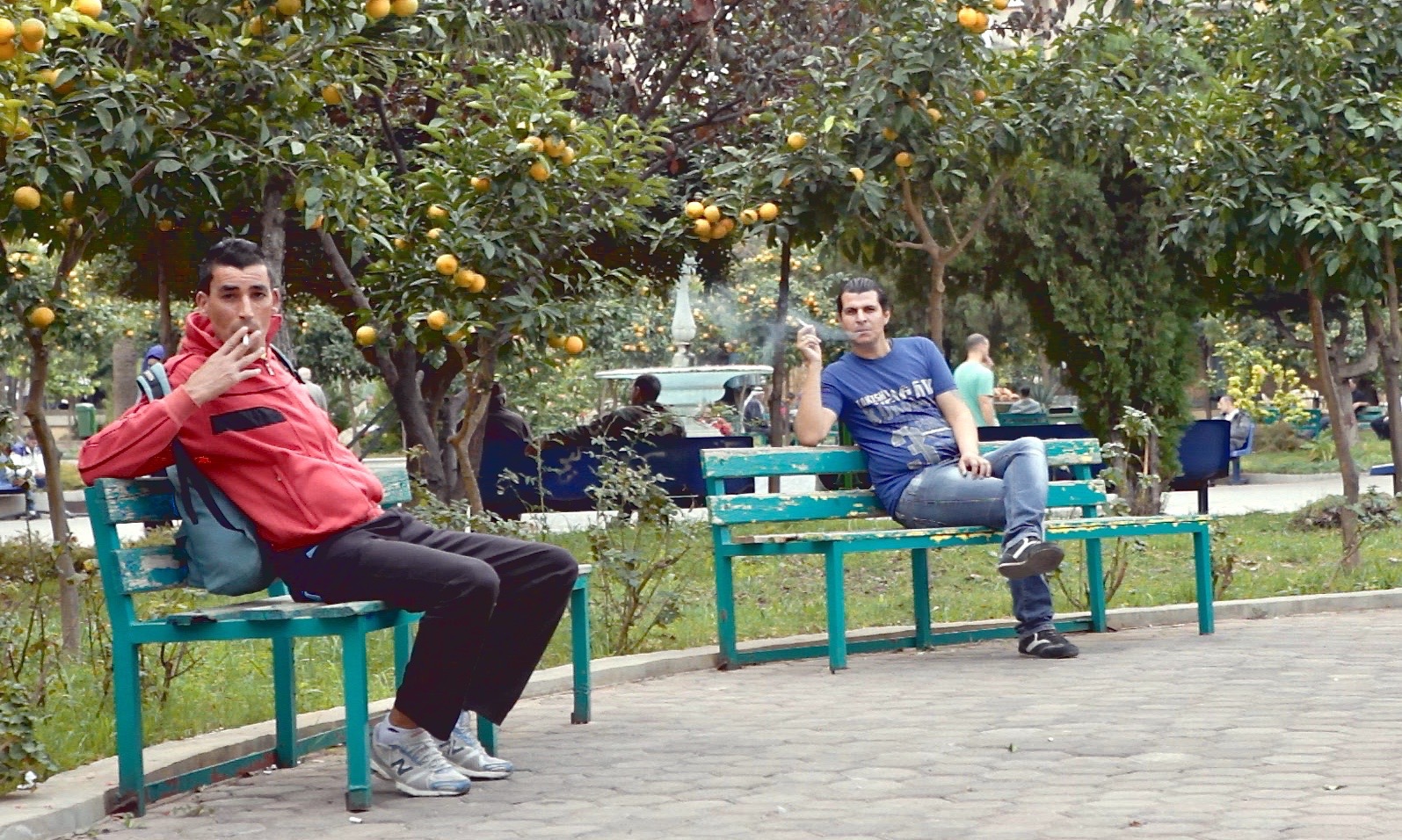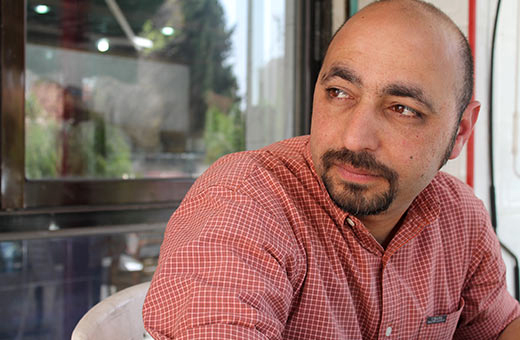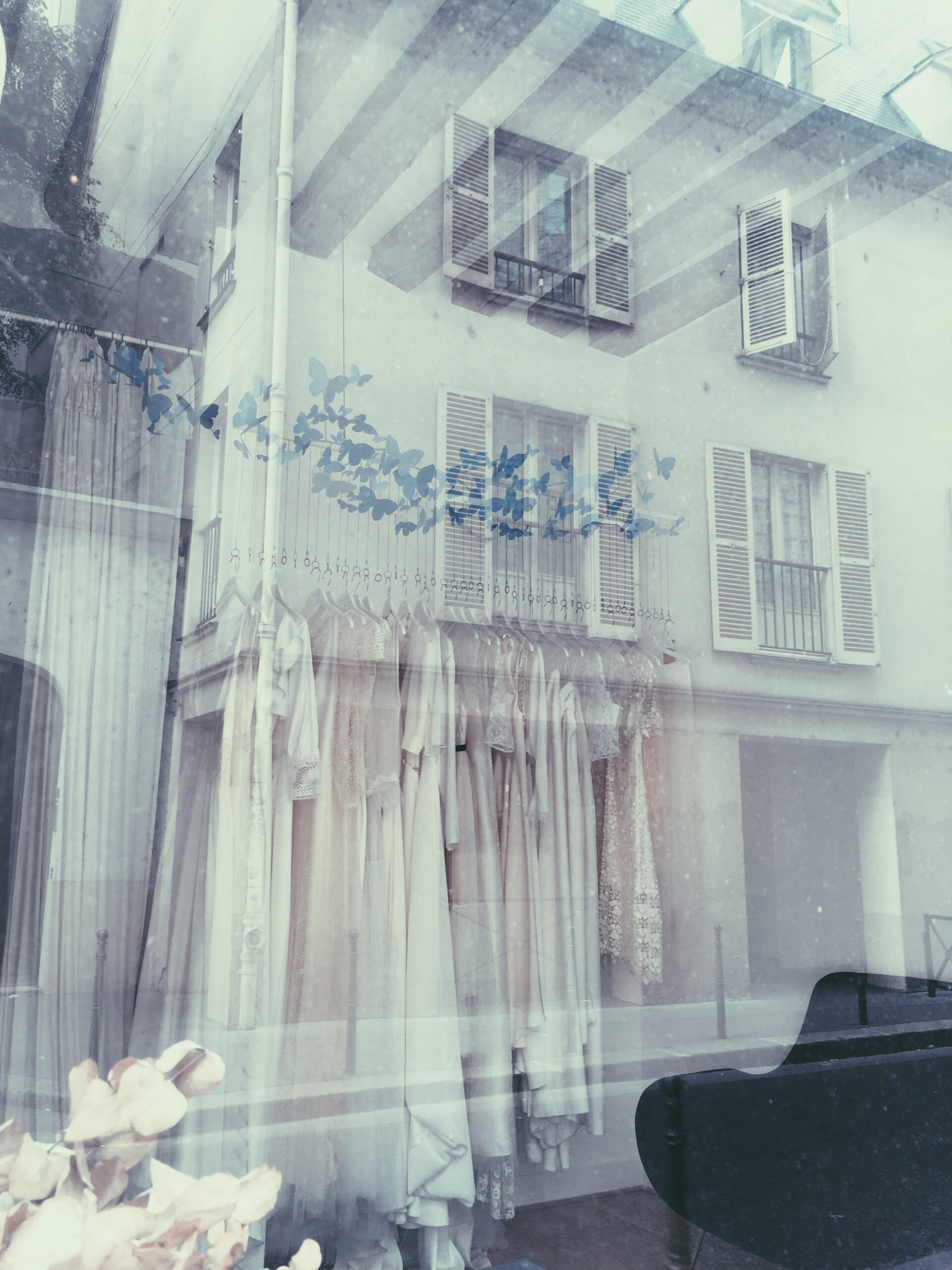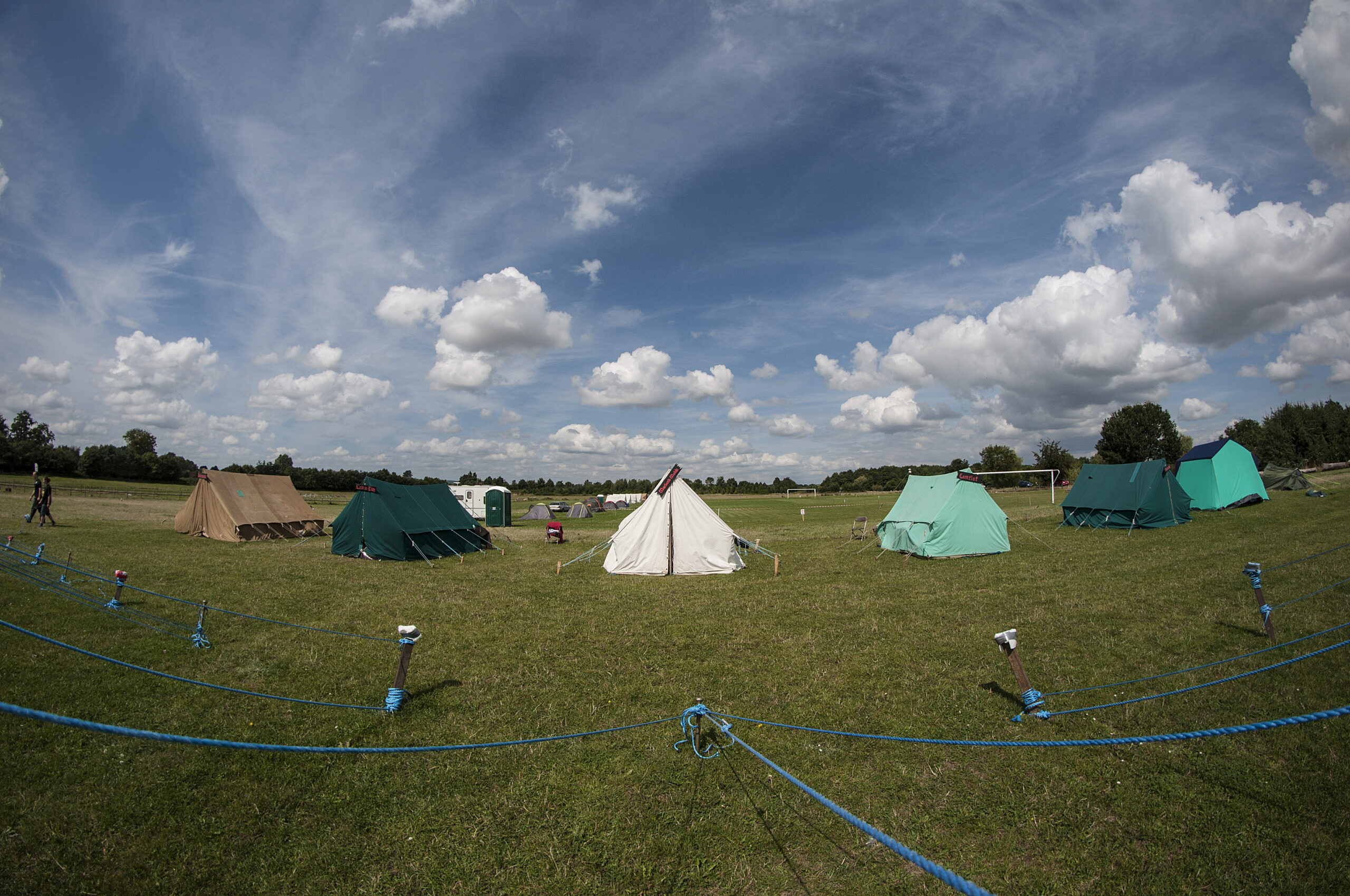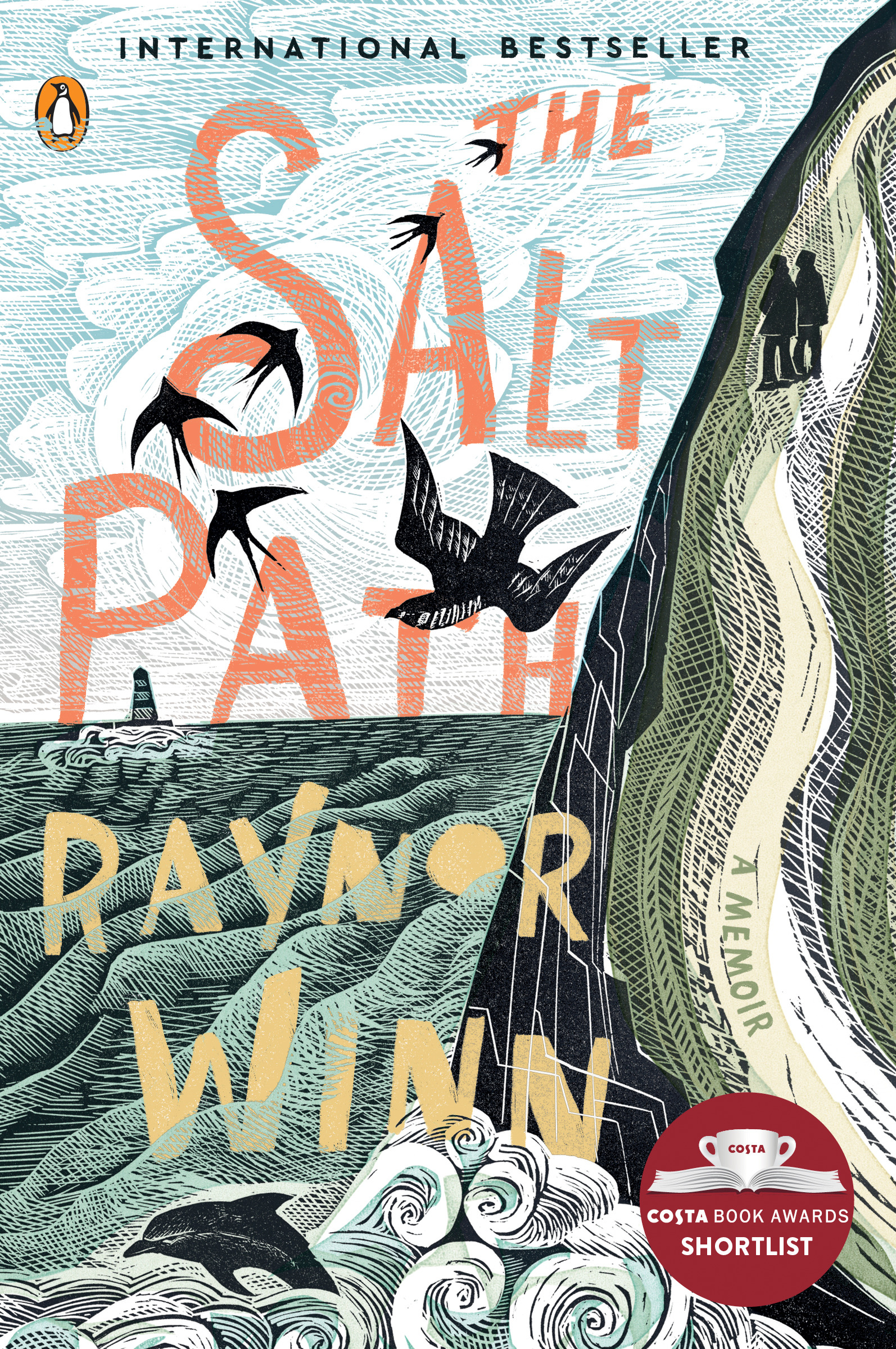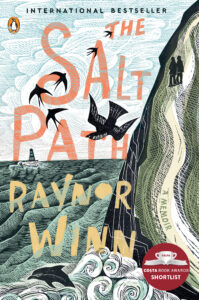By DEBORAH LINDSAY WILLIAMS
“We need to do more, Mom,” my son tells me. He’s fifteen, supports the Kurdish resistance and fancies himself an anarcho-socialist (“It’s not like being an anarchist, Mom, okay?”). The Young Socialist lives in a state of perpetual indignation about the state of the world. He insists that governments can and should do better, and that capitalism is the root of almost all problems—past, present, and future. He hopes for radical social change, but when I call him an idealist, he’s furious: “It’s practical, that’s all. Marx and Öcalan, their ideas would work if people weren’t just so… stupid. And greedy.” I usually tell the Young Socialist that, because I’m a literature professor, my version of “do more” is of the teaching and writing sort, rather than the man-the-barricades sort, which I know disappoints him. He says: “We’re all complicit, Mom. You’re white and a professor, and there’s no way to escape your own privilege, even if you’re only white by accident.”
